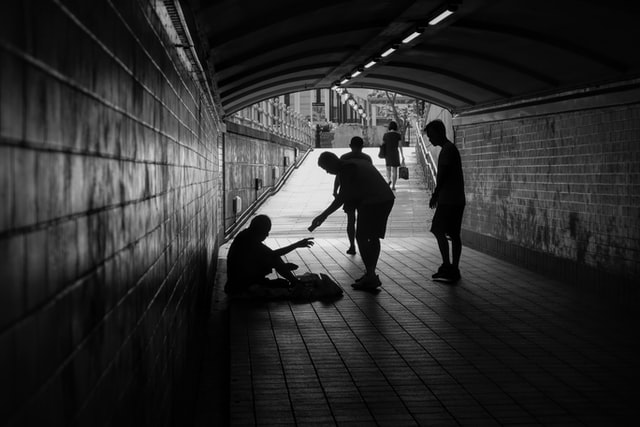
Income and wealth inequality have received increased attention from scholars and in public opinion in the last several decades. Such interest intensifies when societies face collective negative shocks, such as economic crises or natural disasters. The Covid-19 pandemic generated several questions in this area: How is the current pandemic affecting income inequality? Is the pandemic making the poor poorer and the rich richer? Will governments intervene to reduce any inequalities generated by the pandemic?
Economic and social science research shows that individual preferences are a crucial driver of income inequality. Societies where people believe that economic success is the result of a meritocratic process are less inclined to redistribute income, while societies where people believe that economic success is the result of luck are more supportive of income redistribution. Hence, a way to understand how income and wealth inequality might develop as a consequence of a crisis such as the current pandemic is to analyze how emergencies affect individuals’ preferences for income redistribution.
So far, research shows that collective negative shocks might have conflicting effects on preferences for redistribution. If the crisis alters people’s view of the world, for instance pushing them to believe that economic success is mainly due to luck, then the crisis should result in a greater demand for income redistribution. However, unexpected negative shocks pose a challenge to governments. Perceiving mismanagement of the crisis might push people to lose trust in governments and political institutions. If this mechanism prevails, then people become less supportive of redistribution, as they distrust those who are in charge of the redistributive policies.
In a recent study, we investigate how the current crisis is affecting people’s demand for income redistribution in Germany, and we suggest a possible mechanism behind our results. We used new survey data collected from individuals between March 2020 and May 2021. We combined this survey with official data on the severity of Covid-19 across German counties (Landkreise) and over time during the same 15 months.
The main result is that an increase in the number of Covid-related cases leads to a decrease in support for redistribution. The reduced support for redistribution is not driven by reduced preference for a more equal distribution. Actually, if anything, citizens’ aversion to income inequality seems to increase with the severity of Covid-19. Rather, it is driven by a decline in trust in institutions, such as governments, that appears to be produced by Covid-19.
The pandemic seems to have affected both people’s redistributive preferences and their normative views about inequality in opposite ways. The results suggest that emergencies might push people to believe that inequality is harmful; but they also suggest that greater distrust in governments and political institutions will lead people to be less likely to support greater income redistribution.
© Luna Bellani, Andrea Fazio, and Francesco Scervini
Luna Bellani is Research Group Leader at the Cluster of Excellence “The Politics of Inequality,” University of Konstanz and an IZA Research Fellow.
Andrea Fazio is a Postdoctoral Fellow at the University of Pavia.
Francesco Scervini is Associate Professor of Economic Policy at the University of Pavia.
Please note:
We recognize that IZA World of Labor articles may prompt discussion and possibly controversy. Opinion pieces, such as the one above, capture ideas and debates concisely, and anchor them with real-world examples. Opinions stated here do not necessarily reflect those of the IZA.